Supporting food system resilience for thriving communities - BftW

The Centre for Environment Justice (CEJ), with support from Bread for World(BftW), under the Resilient Initiative for Sustainable Environment(RISE), which has a socio-economic livelihood component is promoting food system resilience by supporting different community groups for women, youth, and men in Sinazongwe and Serenje districts respectively.
In Sinazongwe, CEJ has facilitated the formation of 21 groups adopted to participate in the project. Each group has 15 members, totaling 315 members who are direct beneficiaries of the livelihood support initiative. While in Serenje, 15 groups have been formed with each having 20 members, making a total of 200 direct beneficiaries. Through this initiative we aim to support 1,000 direct beneficiaries’ households to acquire assets by actively by participating in economic livelihoods to cope, recover, and sustain their livelihoods at the household level. The groups are engaged in Agro-initiative such as chicken rearing, piggery, vegetable farming, sunflower growing, and fish farming.
Project Achievements:
- Establishment of successful piggery and chicken rearing enterprises using locally available resources such as thatch, mud bricks, and recycled materials, demonstrating environmentally friendly and cost-effective approaches.
- Increased economic participation of women through the leadership and management of agro-business ventures.
- Members of the established village groups have independently ventured into additional agricultural activities including gardening, crop farming of maize and legumes such as cow peas and beans to boost their savings and improve household livelihoods.
- Enhanced group cooperation and community cohesion through shared goals and responsibilities.
- Strengthened knowledge transfer as group members continue to mentor other community members
Community benefit and impact:
- Enhanced Food Security: Business ventures such as piggery, poultry, and vegetable farming have increased household income and access to diverse food sources.
- Women’s Empowerment: The majority of group members were women, who now have increased financial autonomy and leadership roles in their communities.
- Sustainable Livelihoods: The introduction of income-generating activities has provided long-term resilience for vulnerable households against economic and environmental stressors.
- Entrepreneurial Skills: Community members are now better equipped with financial and business management skills, improving their capacity to manage and grow enterprises.
- Community Ownership: The self-managed village banking groups have encouraged accountability, peer support, and social cohesion.
Community Support in Sinazongwe District
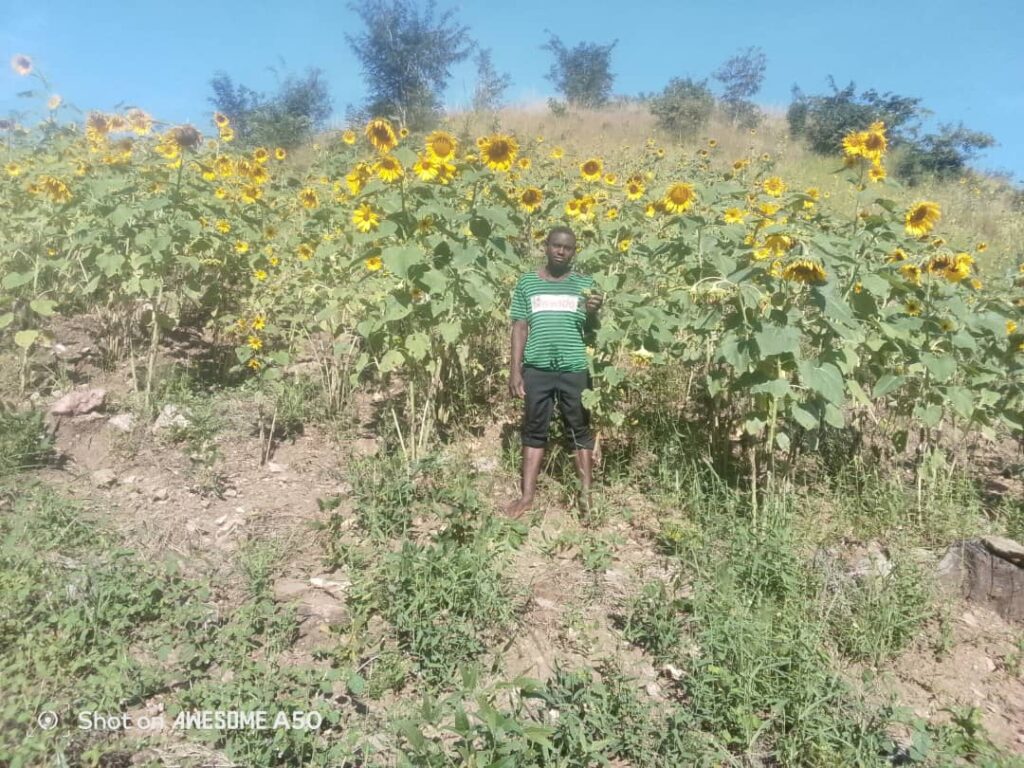
Sunflower field-harvest target for cooking oil
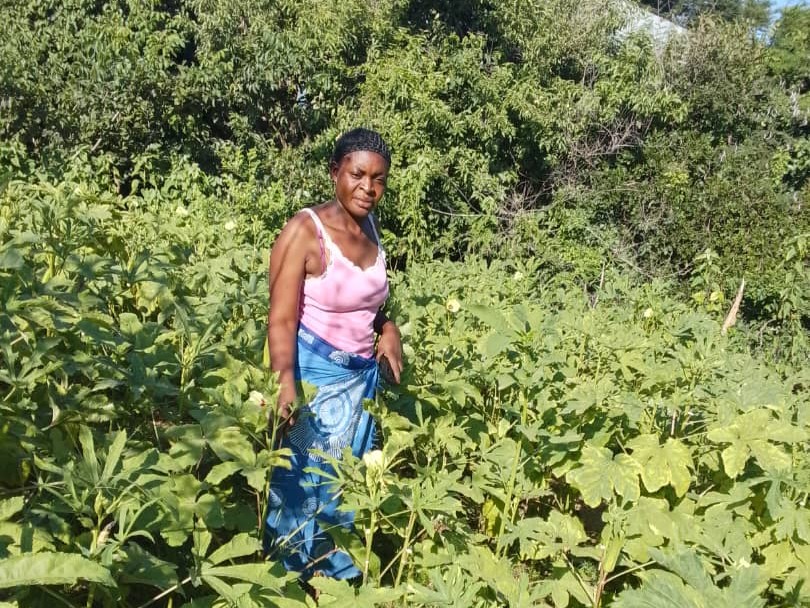
Okra field-harvest target market supply
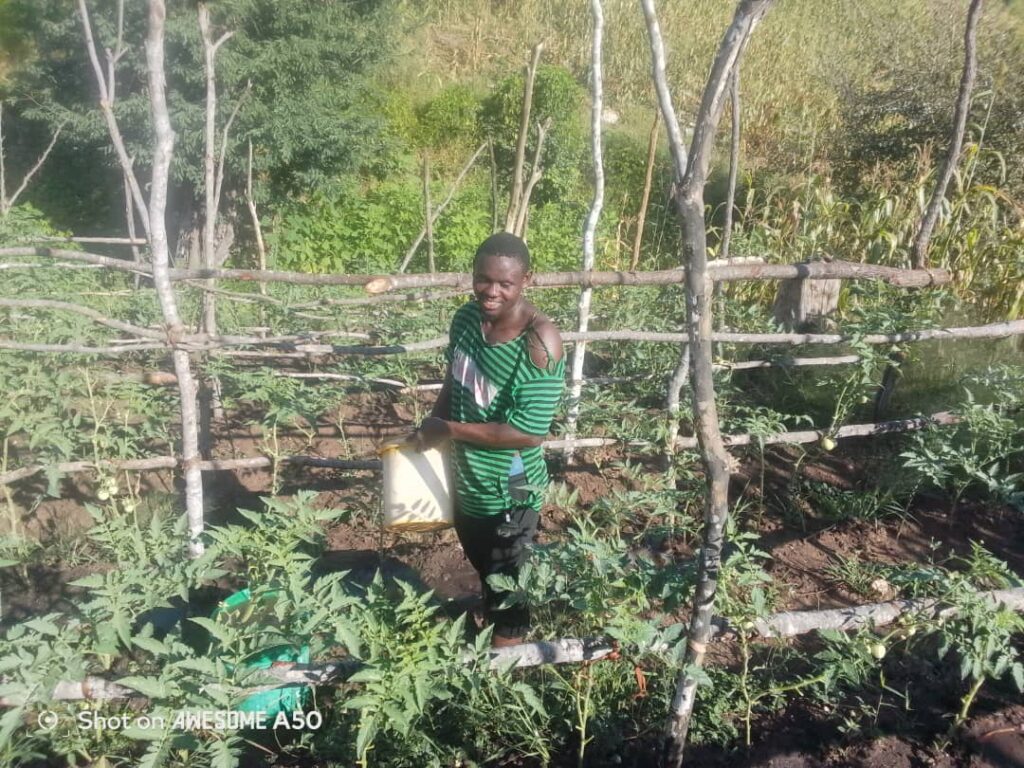
Tomato field-harvest target market supply
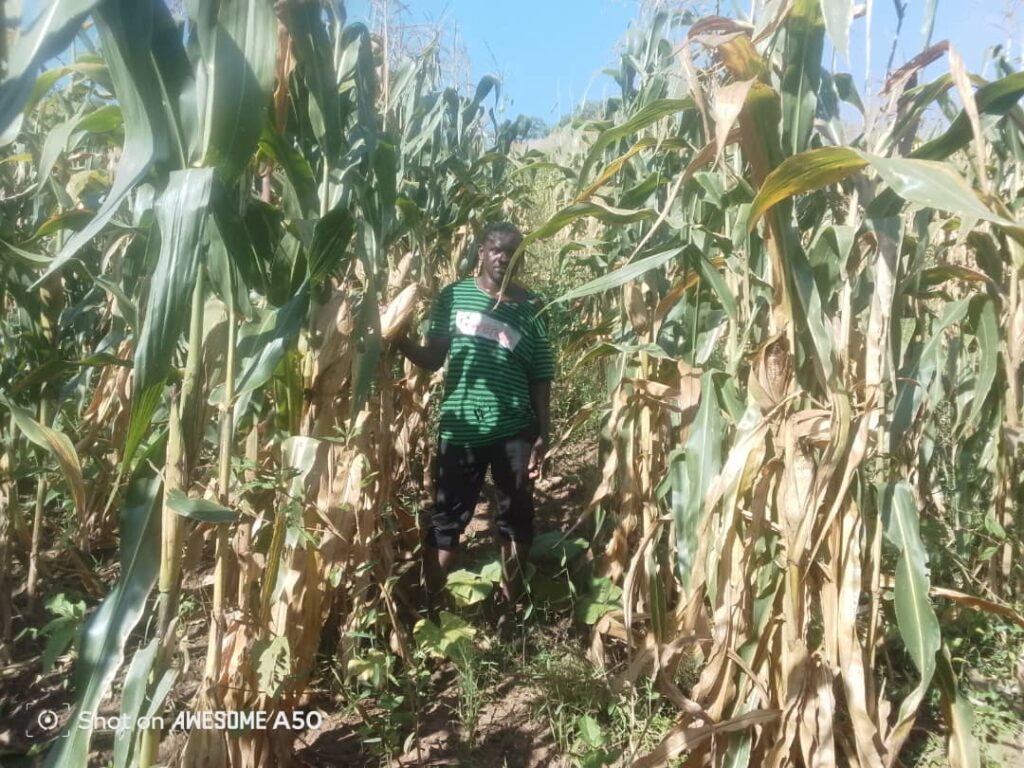
Maize field-harvest target market supply

Vegetable growing-harvest target restaurants

Chicken rearing for sale to restaurants
Community Support in Serenje District
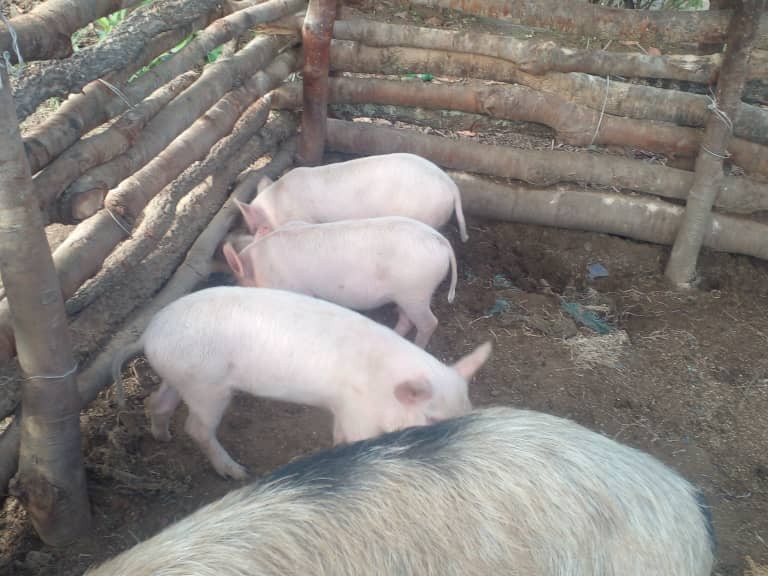
Piglets in the piggery
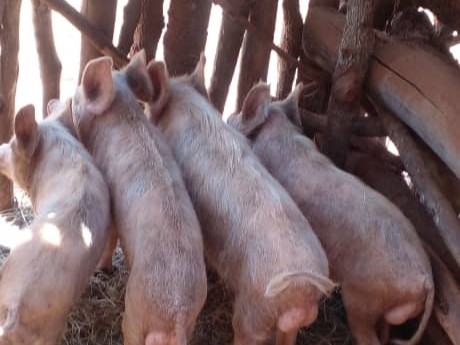
Piglets in the piggery
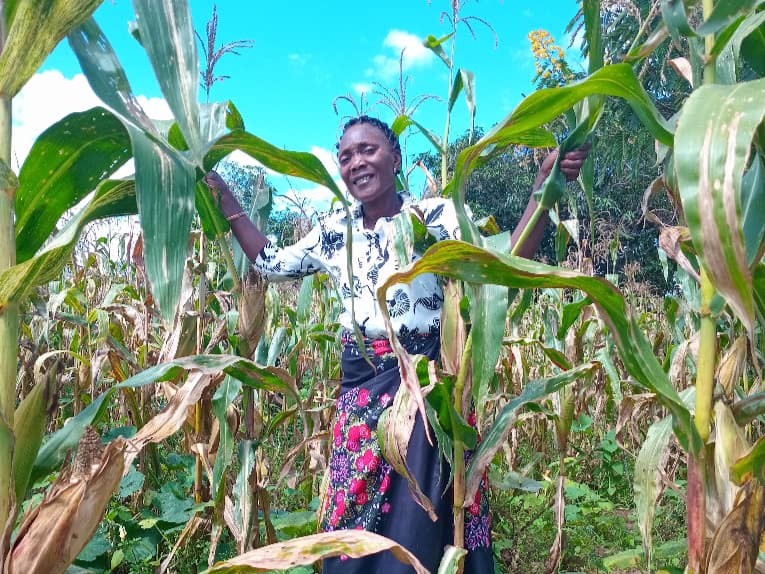
Maize field
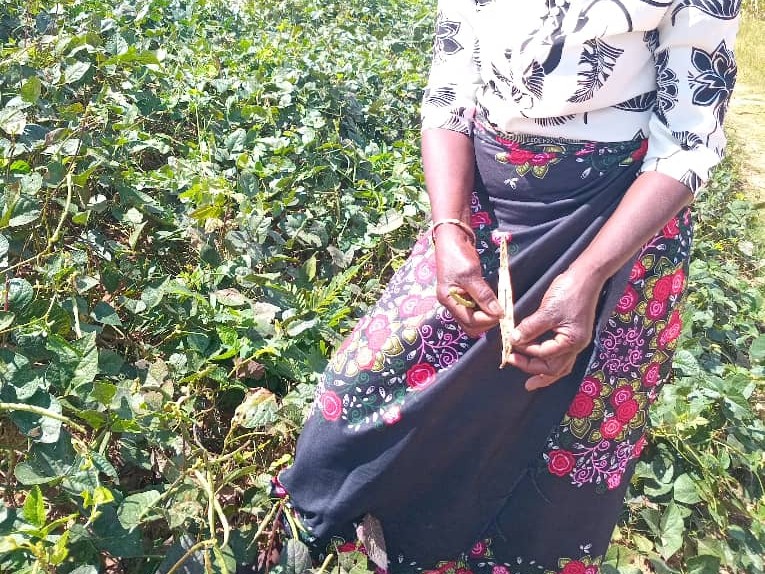
Beans feild
